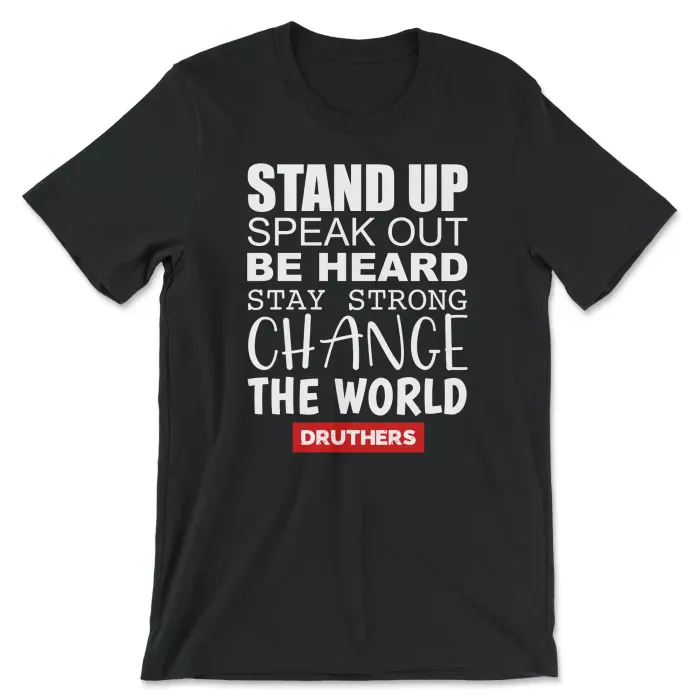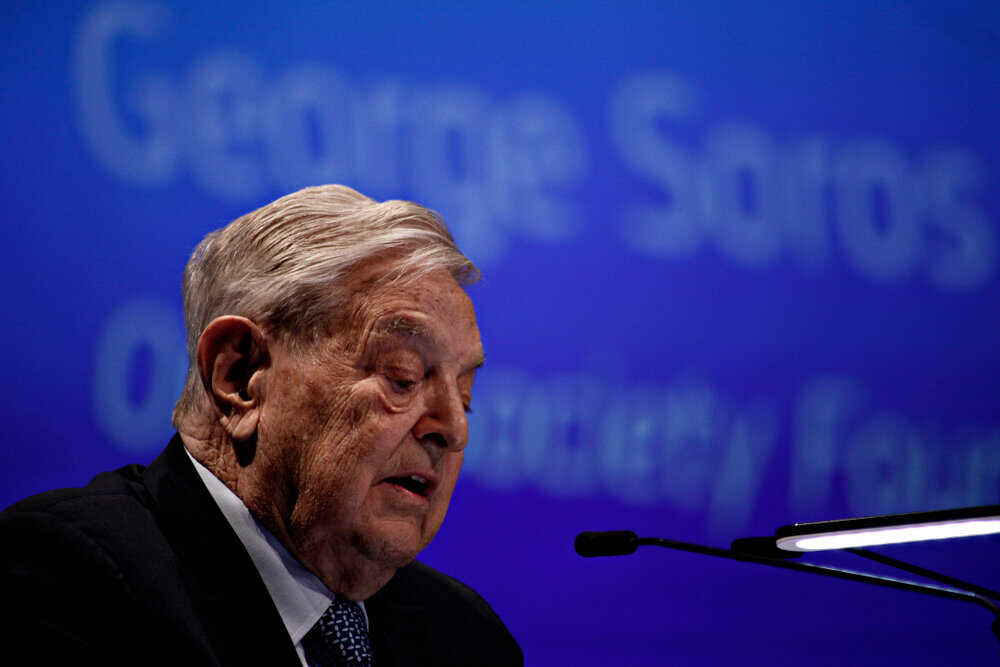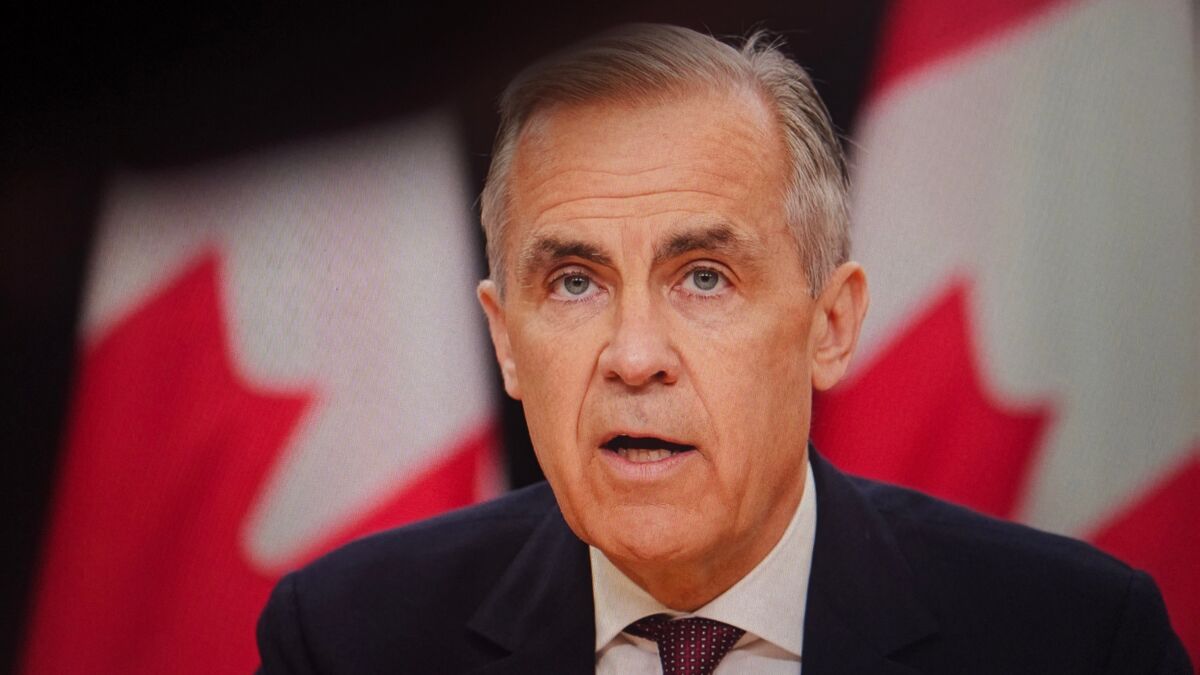BlackRock and Vanguard
Two Giants That Own Everything
By Jake Cheriton
The financial world has witnessed a significant shift in recent years, with two colossal giants emerging as the dominant forces: BlackRock and Vanguard. As two of the world’s largest asset management companies, they have amassed enormous budgets and influence over a vast array of industries, making them seemingly omnipresent. This article delves into some of the prominent businesses they own, the extent of their funding, and the influence they wield, while highlighting the issues they may pose to the market and their potential connections to government entities.
With a combined total of more than $14 trillion in assets under management, BlackRock and Vanguard have investments in virtually every sector of the global economy. Their ownership stakes in top corporations make them significant players in determining market trends and the future of many industries while threatening the fairness and integrity of the global economy.
Their expansive reach and vast holdings can stifle competition, creating an uneven playing field and making it difficult for smaller companies to thrive in the market.
Don’t lose touch with uncensored news! Join our mailing list today.
The leadership of BlackRock (CEO, Larry Fink), and Vanguard (CEO, Mortimer J. Buckley), hold immense power in the financial world. Former government officials and politicians have been linked to these asset management firms, pointing to potential conflicts of interest and the companies’ influence over political decision-making at the expense of the broader market and general public.
For instance, BlackRock has appointed former government officials such as George Osborne, the former UK Chancellor of the Exchequer, and Philipp Hildebrand, the former Swiss National Bank Chairman, to high-ranking positions within the company.
BlackRock and Vanguard have significant investments in the healthcare and pharmaceutical sectors, with substantial shares in companies like Johnson & Johnson [17.2%], Pfizer [16.6%], and Merck [17.6%]. Their investments grant them influence over the development and distribution of life-saving medications and healthcare innovations, and politicians who could be “bought out,” thereby undermining the democratic process and compromising the integrity of the healthcare system. Their combined influence can be seen as a threat to democracy with their potential to influence political decision-making and overlook the needs and interests of citizens.
Reduced competition can lead to a lack of diversity in decision-making, hinder innovation with development of novel treatments, and may result in higher prices for medications and healthcare services, negatively impacting consumers and the broader healthcare system.
BlackRock and Vanguard can exert undue influence in strategic decisions in technology companies, such as Apple, Amazon, Alphabet, Microsoft, and Facebook.
As of 2021, BlackRock owned 7.5% of Apple’s shares, while Vanguard held 7.3%, with a combined ownership of nearly 15%.
BlackRock and Vanguard have heavy investments in Amazon [13.42%]. And Alphabet, the parent company of Google, counts BlackRock and Vanguard among its top shareholders [11.97%].
With BlackRock and Vanguard’s investments in Microsoft [15.72%], they can impact decisions related to product development, mergers and acquisitions, and corporate governance, which may not always align with the best interests of other stakeholders, potentially hindering Microsoft’s long-term success and reputation, as well as stifling competition within the industry.
Facebook (rebranded to Meta Platforms in 2021) is another leading technology company with significant investments from both BlackRock and Vanguard [12.7%].
In the Energy Sector, BlackRock and Vanguard have significant investments in a diversified approach, with stakes in both traditional oil and gas giants and renewable energy companies. Capitalizing on the global shift towards clean energy while maintaining a foothold in the conventional energy market allows them to have significant influence on the industry’s development, direction, and standard of environmental responsibility. Potential risks are associated with their balanced strategy in their investments in ExxonMobil [16.68%], Chevron [15.43%], Royal Dutch Shell, and renewable energy companies.
In addition to their investments in traditional energy giants, BlackRock and Vanguard have made significant investments in renewable energy companies, such as NextEra Energy [17.49%], Vestas Wind Systems [17.72%], and Orsted.
By maintaining a balanced portfolio in the energy sector, BlackRock and Vanguard can hedge against potential risks and capitalize on the opportunities presented by the global energy transition. However, this concentration of power raises concerns about the potential negative effects of their sway over the energy sector and warrants careful scrutiny to ensure a fair and equitable transition towards a greener future.
BlackRock and Vanguard, hold significant stakes in major banks and financial institutions, such as JPMorgan Chase [16.12%], Bank of America [13.9%], Wells Fargo [16.29%], and Citigroup [17.37%].
BlackRock and Vanguard have considerable sway over financial policy and regulation, potentially creating an unfair market environment and concentrating vast portions of the market under their control. This concentration of power warrants careful scrutiny to ensure a fair and equitable financial system that benefits all stakeholders and maintains the stability and integrity of the market.
For example, these two giants also have a substantial impact on Environmental, Social, and Governance (ESG) issues. BlackRock and Vanguard, with their dominant presence in the global economy, has led to concerns that they could potentially establish a form of “one world governance.”
In conclusion, BlackRock and Vanguard have become integral to the global economy, shaping the future of many industries through their investments and involvement. As the financial landscape evolves, it remains to be seen how these two giants will adapt and grow. For now, their presence is felt across the world, making them truly the titans that seem to own everything.
Editor’s note: BlackRock and Vanguard also own stakes and mutual funds in several Canadian financial institutions, including RBC, TD Bank, HSBC, and BMO.
Summarized from the original article published at teslatelegraph.com














